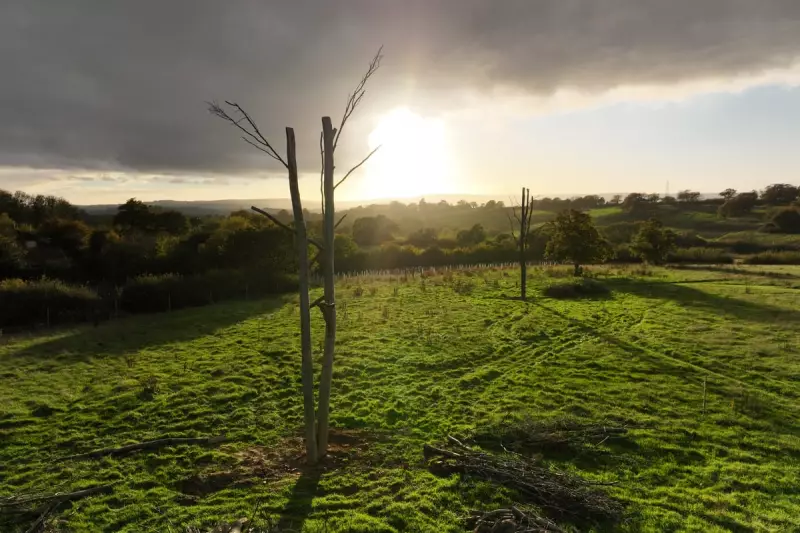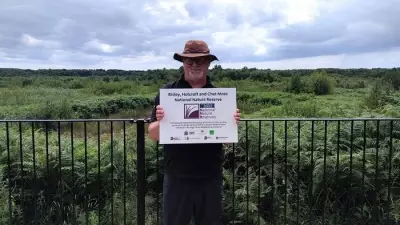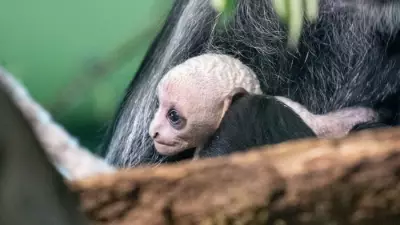
In a scene that could be straight from a conservationist's fantasy, a revolutionary experiment is underway in Birmingham that's breathing new life into dead trees through an innovative technique dubbed 'tree bolting'. This groundbreaking approach is transforming deceased trees into thriving ecosystems almost overnight.
The Science Behind the 'Frankenstein Trees'
Rather than removing fallen or dead trees from woodlands, conservationists are now strategically bolting them back together or to living trees. This creates instant complex structures that provide crucial habitats for birds, insects, fungi, and mammals. The technique essentially fast-forwards the natural process of decay that would normally take decades to develop into valuable wildlife homes.
Why Birmingham's Adopting This Radical Approach
Urban areas like Birmingham face significant challenges in maintaining biodiversity. Traditional methods of letting nature take its course often don't work fast enough in city environments. The tree bolting technique offers an immediate solution, creating the kind of complex habitats that usually take generations to develop naturally.
The benefits are already becoming apparent:
- Instant creation of nesting sites for birds and bats
- Rapid development of fungal networks crucial for forest health
- Protection for smaller mammals and insects
- Enhanced structural diversity in woodlands
- Cost-effective alternative to tree removal and replacement
A Sustainable Future for Urban Woodlands
This innovative approach represents a significant shift in how we manage urban green spaces. Instead of viewing dead trees as problems to be cleared, conservationists are now recognising them as valuable resources that can be repurposed to boost local ecosystems.
The experiment demonstrates that sometimes, the most progressive environmental solutions involve working with what nature has already provided, rather than constantly replacing and removing. As Birmingham continues to pioneer these techniques, other cities across the UK are watching closely, potentially heralding a new era in urban conservation strategy.





